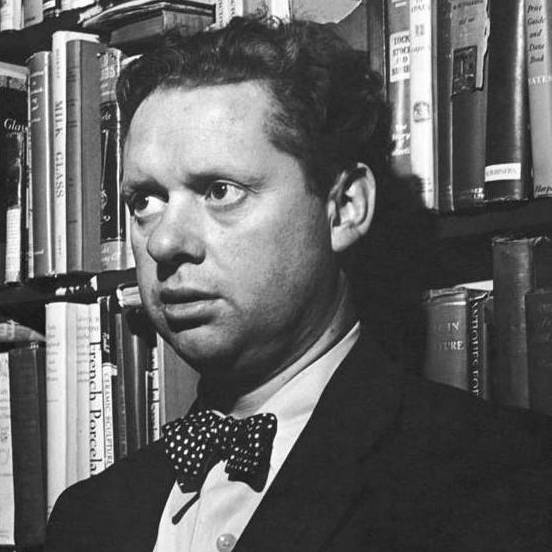Do not go gentle into that good night,
Old age should burn and rave at close of day;
Rage, rage against the dying of the light.
Though wise men at their end know dark is right,
Because their words had forked no lightning they
Do not go gentle into that good night.
Good men, the last wave by, crying how bright
Their frail deeds might have danced in a green bay,
Rage, rage against the dying of the light.
Wild men who caught and sang the sun in flight,
And learn, too late, they grieved it on its way,
Do not go gentle into that good night.
Grave men, near death, who see with blinding sight
Blind eyes could blaze like meteors and be gay,
Rage, rage against the dying of the light.
And you, my father, there on the sad height,
Curse, bless, me now with your fierce tears, I pray.
Do not go gentle into that good night.
Rage, rage against the dying of the light.
Published:
1951
Length:
Regular
Literary Movements:
Romanticism
Anthology Years:
2022
2024
Themes:
Death & Loss
Poetic Form
Strength & Resilience
Literary Devices:
End Rhyme
when a poem has lines ending with words that sound the same
Repetition
a recurrence of the same word or phrase two or more times
Simile
a comparison between two unlike things using the words “like” or “as”
Transferred Epithet
When an adjective usually used to describe one thing is transferred to another.
Villanelle
a nineteen-line poem with two rhymes throughout, consisting of five tercets and a quatrain, with the first and third lines of the opening tercet recurring alternately at the end of the other tercets and with both repeated at the close of the concluding quatrain

